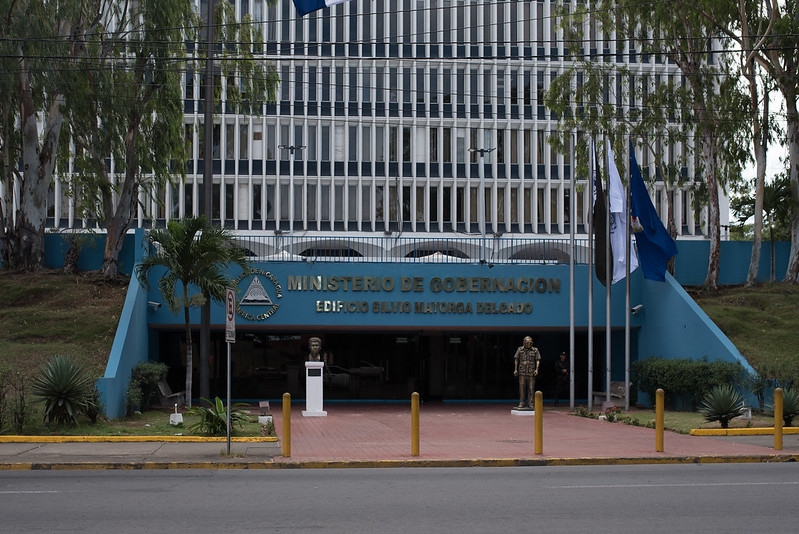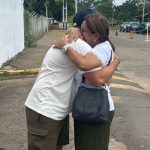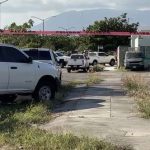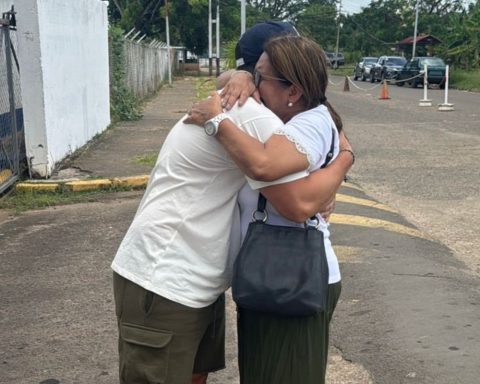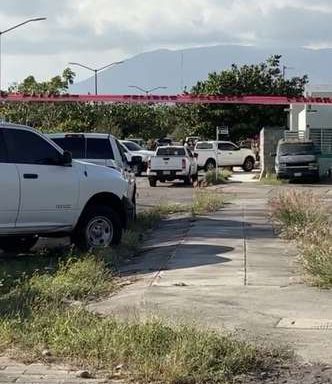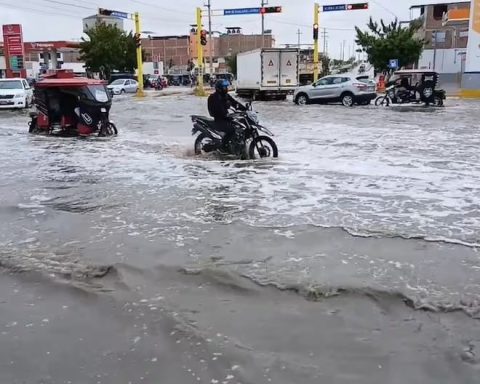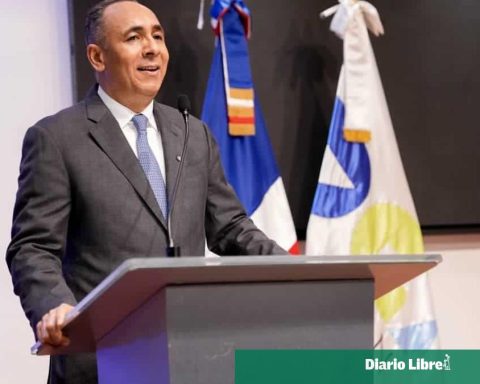The Ministry of the Interior (Migob) stripped another hundred non-governmental organizations of their legal status through a ministerial agreement, published this Wednesday, September 21, in the Official Gazette. With this new tie, the Ortega regime raises to 2007 the NGOs canceled so far in 2022.
The hunt for the NGOs has intensified since the beginning of this year, when it closed universities and leading organizations in Nicaragua related to the fields of health, education, literature, environmental protection and defenders of women’s rights.
In this new agreement, it eliminated the Nicaraguan Physiotherapist Association, the Nicaraguan Association of French Teachers (Aniprof), the Catholic Foundation for Help, Life and Hope, the Nicaraguan Association of Public Health (ANSAP), the Foundation against Domestic Violence, the Foundation for the Development of Science and Education, Let’s Make Peace Association, Good Hope Civil Association and others. See the complete list here.
With this new hundred outlawed NGOs, the regime of Daniel Ortega has dismantled 2081 Non-Profit Organizations (NPOs), from the end of December 2018 to September 21, 2022.
As of this month, the Migob has been in charge of canceling NPOs through the publication of ministerial agreements in the official newspaper, La Gaceta, signed by the head of that entity, Maria Amelia Colonel Kinloch. The previous annulments were made by means of a decree initiative, which the Parliament, dominated by the Sandinista Front, approved without any type of discussion.
This is due to the reform of Law 1115 or the Regulation and Control of Non-Profit Organizations, approved last August, which empowered the Migob “the authorization, regulation, operation, dissolution, liquidation and cancellation of NPOs, national and other nationalitiesthrough (a simple) Ministerial Agreement”, without any type of mechanism for those affected to appeal the decision to close them.
In this agreement, the Migob points out to the NGOs not to report for periods of seven to twenty-three years on their boards of directors, finding themselves headless, financial statements according to fiscal periods with detailed breakdowns of income and expenses, trial balance, detail of donations -origin , origin and final beneficiary—and information on the identity and origin of all its members and donors.
That same argument, with some nuances, has been used by the Ortega regime since it deepened the repression against organized civil society. They accuse organizations, foundations, agencies and associations of breaking three laws: the new Law 1115, for the Regulation and Control of Non-Profit Organizations; Law 977, Against Money Laundering, the Financing of Terrorism, and the Financing of the Proliferation of Weapons of Mass Destruction, and Law 1040, Regulation of Foreign Agents.
The speech of the Ortega deputies to defend the hunt against the NGOs is that this massive closure responds to an order, based on a review of each organization by the Migob; however, these documents have never been publicly accessible, nor have they allowed the affected NGOs to appeal the closure decision and, in several cases, the confiscation of their assets.
